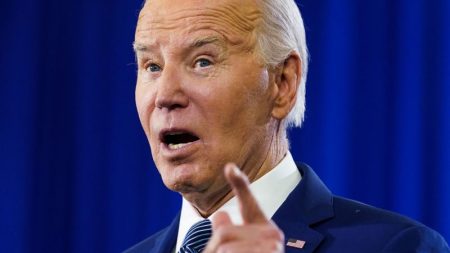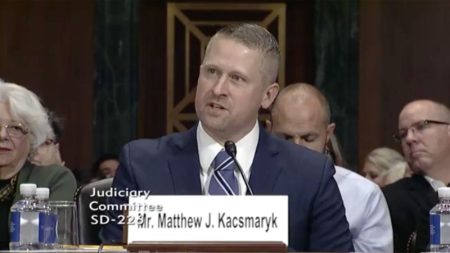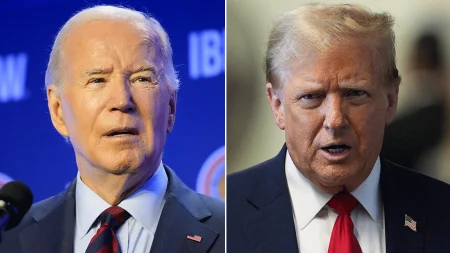The Supreme Court has granted Idaho officials the ability to temporarily enforce a strict statewide ban on gender-affirming care for minors, marking one of the first such cases to reach the nation’s highest court. The law, signed by Republican Governor Brad Little, criminalizes providing medical treatments such as puberty-blocking drugs, hormone therapy, and specific surgeries to transgender minors. The decision from the Supreme Court, supported by the conservative justices and overruling the liberal justices, allows the state to enforce the law while legal challenges are resolved in lower courts.
In the absence of a formal opinion from the court, the conservatives on the Supreme Court emphasized that the decision was meant to signal lower courts to restrict the scope of their rulings when temporarily blocking a state law. Justice Neil Gorsuch, in an opinion joined by Justices Clarence Thomas and Samuel Alito, criticized the lower court for halting enforcement of the Idaho law for everyone in the state, calling it an overreach by the judiciary. The decision aims to return to a more deliberate judicial process, according to Gorsuch, even if it may be viewed as less efficient or exciting.
While the Supreme Court’s ruling continues to block enforcement against the parties who initiated the suit, it allows enforcement against others in the state. Justice Ketanji Brown Jackson dissented strongly in response to the majority decision, accusing them of micromanaging the discretion of lower courts. Jackson argued that the lower court had determined the Idaho law likely unconstitutional and temporarily blocked its enforcement, highlighting the novelty and significance of the case.
The Supreme Court has been deliberating similar laws in Tennessee, Kentucky, and Indiana, with Idaho being represented by the Alliance Defending Freedom in part. Idaho contends that the lower court’s decisions were overly broad in blocking the law’s enforcement since they included procedures beyond those sought by the plaintiffs. The state maintains that enforcing the law is necessary to protect vulnerable children from risky medical procedures and to uphold Idaho’s democratic process.
Attorneys representing transgender teenagers and their families argue that gender-affirming medical care has been vital in alleviating gender dysphoria and promoting their well-being. They opposed the state’s request to enforce the law, citing the positive impact of such care on the minors involved. The ACLU, representing the families challenging the law, condemned the Supreme Court’s decision as harmful to transgender youth and their families, leading to disruptions in care and further confusion. This development underscores the ongoing legal battle over gender-affirming care for minors in various states.














